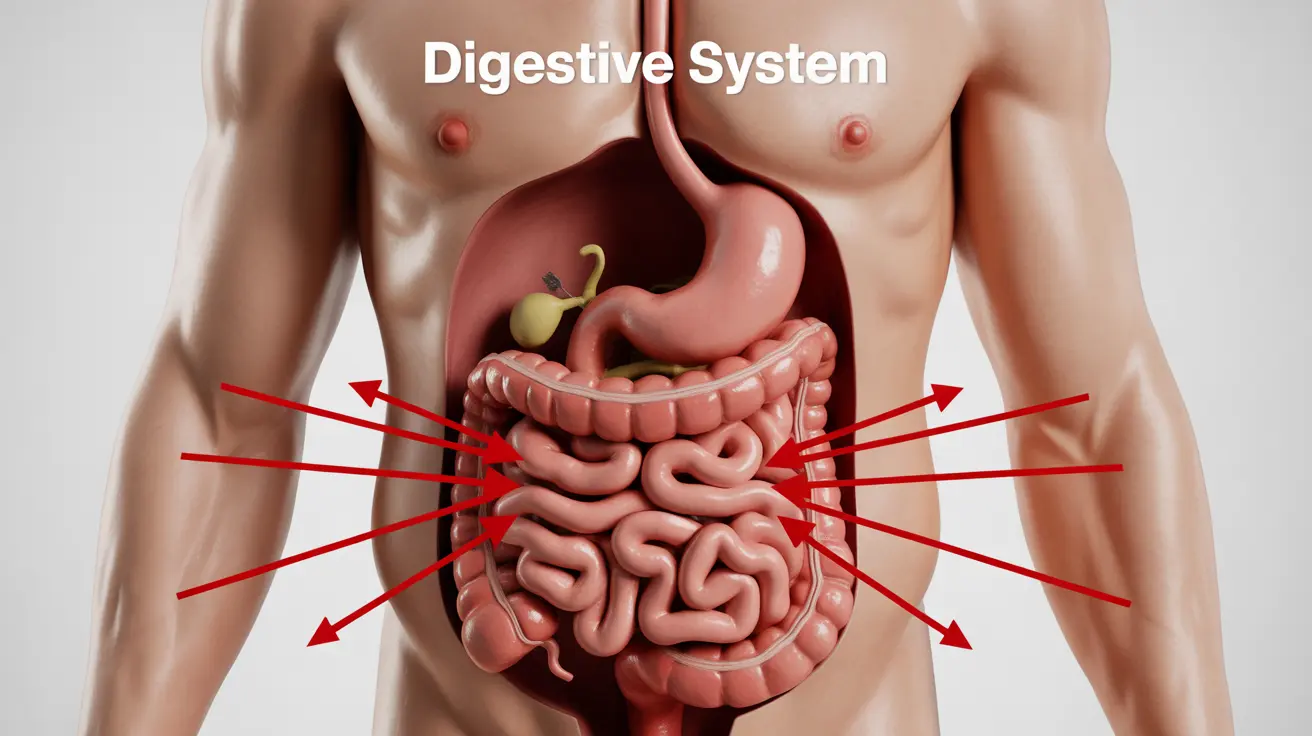Managing diabetes requires careful attention to every aspect of your diet, and beverages play a crucial role in maintaining healthy blood sugar levels. With the right drink choices, individuals with diabetes can effectively support their overall health and well-being while enjoying a variety of delicious and nutritious options.
Understanding how different drinks impact blood sugar is essential for anyone looking to manage their diabetes effectively. This comprehensive guide will explore the best beverage strategies to help you maintain optimal health and control your blood sugar levels.
Understanding Diabetes and Drink Selections
Choosing the right beverages is a critical component of diabetes management. The wrong drinks can quickly spike blood sugar levels, while the right choices can support your health and provide essential nutrients without compromising your glucose control.
Hydration Heroes: Water and Beyond
Water remains the ultimate beverage for people with diabetes. It's completely calorie-free and helps maintain proper hydration without affecting blood sugar levels. To make water more appealing, try these creative options:
- Infuse with fresh herbs like mint or basil
- Add cucumber slices for a refreshing twist
- Use natural citrus fruits like lemon or lime
- Experiment with sparkling water for variety
Tea and Coffee: Beneficial Beverage Alternatives
Unsweetened tea and coffee can be excellent choices for individuals managing diabetes. Green tea, in particular, has shown potential benefits in supporting healthy blood sugar metabolism. When consuming these beverages:
- Avoid adding sugar or high-calorie creamers
- Opt for unsweetened versions
- Limit caffeine intake, especially if sensitive to its effects
- Consider herbal alternatives like chamomile or peppermint tea
Navigating Beverage Challenges
Drinks to Approach with Caution
Some beverages can significantly impact blood sugar levels and should be consumed mindfully or avoided:
- Regular soda (extremely high in sugar)
- Fruit juices (even 100% natural)
- Energy drinks with high sugar content
- Alcoholic beverages (require careful monitoring)
Smart Milk and Milk Alternatives
While milk contains natural sugars, it can still be part of a diabetes-friendly diet. Consider these tips:
- Choose low-fat or skim milk options
- Explore unsweetened plant-based alternatives
- Check nutrition labels for carbohydrate content
- Measure portions to count towards daily carbohydrate intake
Practical Strategies for Beverage Management
Successfully managing diabetes through drink choices requires a strategic approach. Always consult with healthcare professionals to develop a personalized nutrition plan that works best for your individual needs.
Key Recommendations
- Always read nutrition labels carefully
- Monitor portion sizes
- Choose sugar-free or low-sugar options
- Stay hydrated with water-based beverages
- Use natural flavor enhancers like herbs and citrus
Frequently Asked Questions
How can I manage my blood sugar levels through drink choices if I have diabetes?
Focus on water, unsweetened tea, and coffee. Avoid sugary drinks, limit fruit juices, and always check nutrition labels. Measure and track your beverage intake as part of your overall carbohydrate management.
What are the healthiest alternatives to sugary drinks for people with diabetes?
Water, unsweetened herbal teas, sparkling water with natural flavors, and sugar-free beverages are excellent alternatives. Green tea and black coffee can also be beneficial when consumed without added sugars.
Is it safe for people with diabetes to consume low-calorie or sugar-free versions of popular beverages?
Generally, yes. However, it's essential to check labels for artificial sweeteners and consult with your healthcare provider about any potential impacts on your specific health condition.
Can drinking water regularly help reduce the risk of developing type 2 diabetes?
While water alone cannot prevent diabetes, staying properly hydrated supports overall metabolic health and can be part of a comprehensive diabetes prevention strategy.
What role does caffeine, like in coffee or tea, play in blood sugar management for individuals with diabetes?
Caffeine can affect blood sugar levels differently for each person. Some studies suggest it may improve insulin sensitivity, but individual responses vary. Moderation and monitoring are key.




